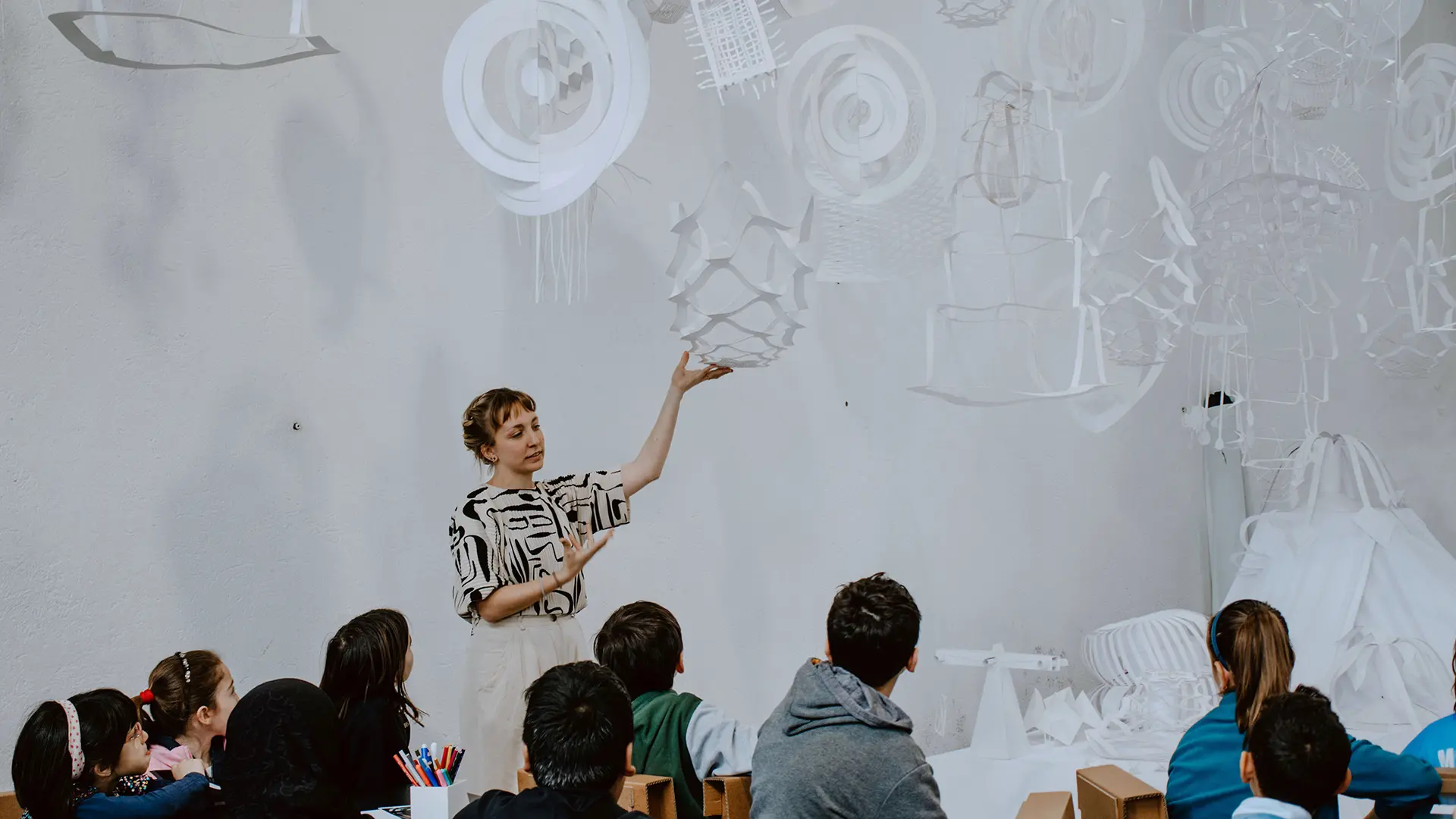PLACES+
Design of places for sustainable transitions

PLACES+
Design of places for sustainable transitions

Places+ conducts research and training activities in the field of sustainable design-led innovation, with a particular focus on urban spaces, settings and environments. Design tools, methods and processes are strategic levers to stimulate paradigm shifts in the way contemporary spaces are produced and used, experimenting with new technologies and new conceptual-operational models.
The group promotes co-creation processes, actively involving end-users, stakeholders and communities through participatory and co-design approaches to explore environmentally, socially and economically sustainable future scenarios. Places+ is characterised by its multidisciplinary approach, integrating contributions from anthropological, psycho-social and artistic disciplines to drive behaviour change in an inclusive and collaborative way.
Key themes driving this vision of sustainable and inclusive growth include urban resilience and energy transition, creating inclusive communities, multi-species care, technological innovation, valuing local cultures and identities, behavioural change, urban biodiversity, social and ecological networks and soft mobility. These elements come together to promote a transformation of territories that is sustainable and inclusive, in line with global challenges and the needs of local communities.
PLACES+ organises its research around three lines of action:
- PLACES+ Energy Transition: energy sustainability is now considered a priority emergency that even institutional actors are questioning, with guilty delay and with policies that are still often too extemporaneous. In this scenario, design is a strategic driver of action and innovation to outline new production and distribution paradigms, to test new technologies and experiment with community energy models, to raise awareness among citizens and encourage a change in our daily behaviour; in short, to explore scenarios for a more sustainable future.
- Places+ Sustainable Exhibit: The exhibition sector, due to its ephemeral nature and its significant environmental and economic impact, requires a new design awareness to rethink the entire exhibition chain and reduce the anthropic pressure on urban ecosystems. With the aim of guiding cultural institutions and operators in the sector towards a "double transition of exhibiting", design defines new methods, practices and tools for the adoption of shared exhibition-museum models, the experimentation of more sustainable exhibition solutions, the promotion of reuse and recycling of exhibition artefacts, and the implementation of virtuous processes for the life cycle of exhibitions and the management of events, both indoor and outdoor.
- Places+ Public Urban Interiors: The city is a strategic testing ground for sustainable and inclusive development, where design - necessarily spatial, social, economic and environmental - requires a highly systemic and multidisciplinary vision. This area has become even more important since the pandemic, as there is a new awareness of the role of the environment in fostering community relations. In this context, design is a fundamental lever of change, capable of contributing in a virtuous circle to the physical and social regeneration of territories, building bridges between economic value and social impact.
With these priority lines of research and action, starting with a specialisation in interior and exhibition design, the group is characterised by a multidisciplinary approach, collaborating and drawing on contributions from anthropological and psycho-social, artistic and technological disciplines.
The group also collaborates with local and national institutions, and benefits from an extensive network of international partnerships.